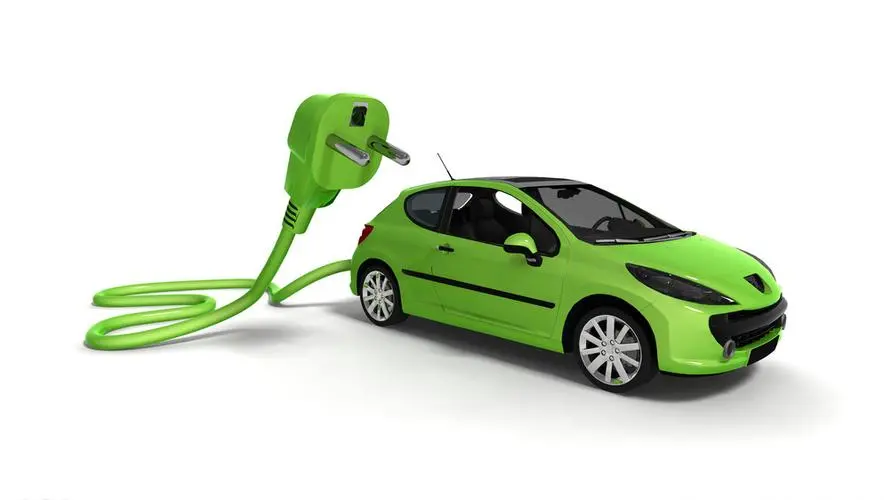The global response to climate change has sparked significant discussions about the energy transition. While some advocate for the immediate abandonment of fossil fuels, the reality is more nuanced. The transition toward cleaner energy sources, driven by the need to mitigate climate change, is a gradual process, much like past energy transitions.
Lessons from Historical Energy Transitions
Historically, energy transitions have not happened overnight. The first major shift occurred during the Industrial Revolution, when coal replaced fuelwood. After World War II, oil took center stage, fueling modern economies, yet coal remained part of the energy mix. Today, the world is transitioning from oil to natural gas, renewables, and zero-carbon energy sources like nuclear. The current shift reflects a gradual reduction in reliance on fossil fuels, not their immediate elimination.
Clean Energy Technologies Driving Change
The ongoing energy transition is supported by advanced technologies such as nuclear power, carbon capture and storage (CCS), superhot rock geothermal energy, and solar power. Zero-carbon fuels like hydrogen and ammonia are also gaining traction. These innovations complement existing energy systems and pave the way for sustainable power generation.
Opportunities for Developing Countries
Developing nations, particularly in Africa, are highly vulnerable to climate change but stand to benefit from adopting clean energy technologies. For example, Nigeria, with its abundant natural gas reserves, could play a vital role in the emerging hydrogen economy. However, to capitalize on these opportunities, countries must reduce methane emissions and meet environmental standards.
The Cost of Inaction
Delaying participation in the energy transition could have severe economic and environmental consequences for developing countries. Investing in clean energy technologies can enhance energy security, reduce emissions, and drive economic growth. Moreover, energy transitions often create new industries and job opportunities, offering a pathway for sustainable development.
Collaboration and Innovation
While developing nations face challenges in shaping the global energy landscape, collaboration and knowledge-sharing can accelerate progress. International funding, technology transfer, and investment in education and research will be key to empowering these countries to play an active role in the energy transition.
By embracing clean energy technologies and collaborating globally, developing nations can balance economic growth with environmental sustainability.
Source: premiumtimesng.com





